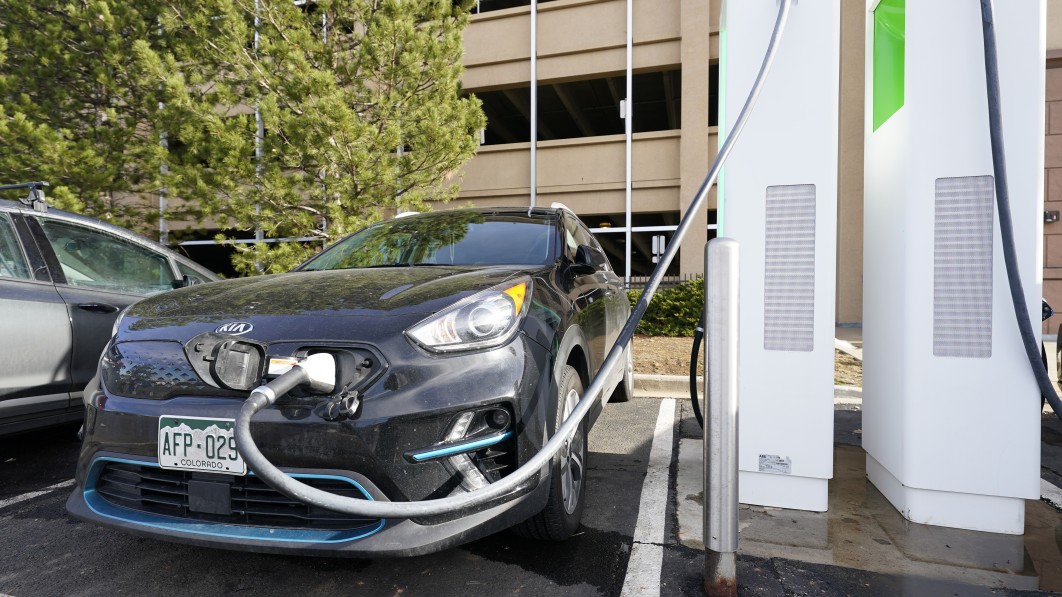
The Atlantic, a decades-old monthly journal well-regarded for its intelligent essays on international news, American politics and cultural happenings, recently turned its attention to the car world. A piece that ran in The Atlantic in October examined the excesses of the GMC Hummer EV for compromising safety. And now in its latest edition, the magazine ran a compelling story about the challenges of driving an electric vehicle and how those experiences “mythologize the car as the great equalizer.”
Titled “The Inconvenient Truth About Electric Vehicles,” the story addresses the economics of EVs, the stresses related to range anxiety, the social effects of owning an electric car — as in, affording one — and the overarching need for places to recharge that car. Basically, author Andrew Moseman says that EV life isn’t so rosy: “On the eve of the long-promised electric-vehicle revolution, the myth is due for an update. Americans who take the plunge and buy their first EV will find a lot to love … they may also find that electric-vehicle ownership upends notions about driving, cost, and freedom, including how much car your money can buy.
“No one spends an extra $5,000 to get a bigger gas tank in a Honda Civic, but with an EV, economic status is suddenly more connected to how much of the world you get to see — and how stressed out or annoyed you’ll feel along the way.”
Moseman charts how a basic Ford F-150 Lightning electric truck might start at $55,000, but an extended-range battery, which stretches the distance on a charge from 230 miles to 320, “raises the cost to at least $80,000. The trend holds true with all-electric brands such as Tesla, Rivian, and Lucid, and for many electric offerings from legacy automakers. The bigger battery option can add a four- or five-figure bump to an already accelerating sticker price.”
As for the charging issue, the author details his anxiety driving a Telsa in Death Valley, with no charging stations in sight.
“For those who never leave the comfort of the city, these concerns sound negligible,” he says. “But so many of us want our cars to do everything, go everywhere, ferry us to the boundless life we imagine (or the one we’re promised in car commercials),” he writes.
His conclusions may raise some hackles among those of us who value automotive independence — not to mention fun — over practicalities.
Drivers new to the EV experience, he suggests, “will encounter zoomy torque, lower maintenance costs, and the joy of leaving on the air-conditioning for your dog while you run into the store. They will cope with a new tension in the shoulders as the battery level keeps on falling while the next plug remains miles down the road. Fortunately, we have found the cure for range anxiety. It’s money.”
Check out The Atlantic for Moseman’s full essay to gauge how much you agree and disagree with him.
Related Video:
